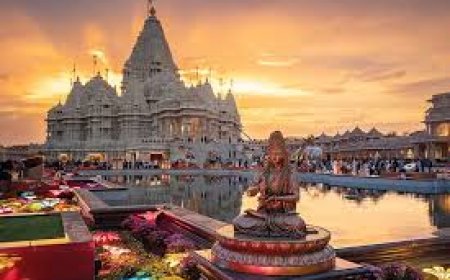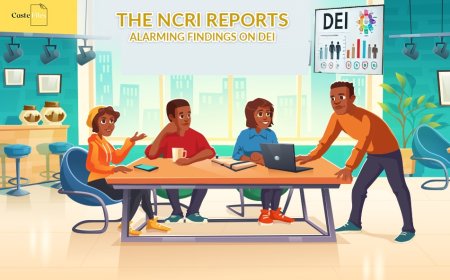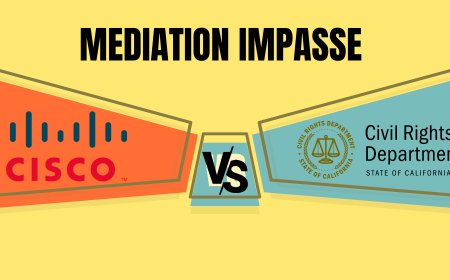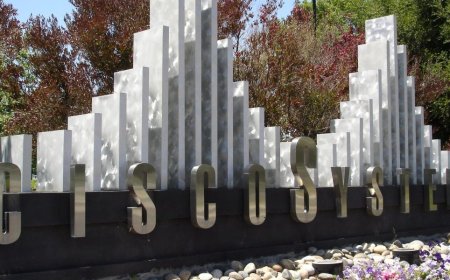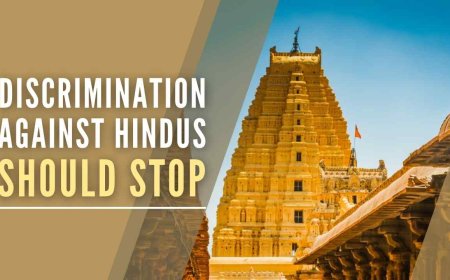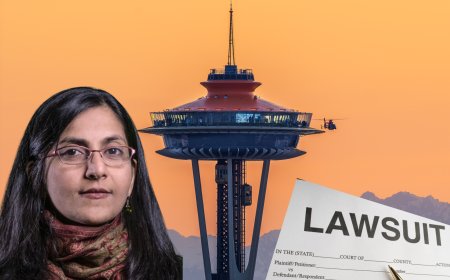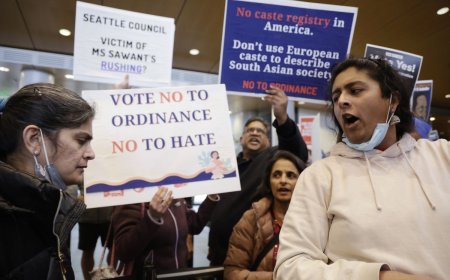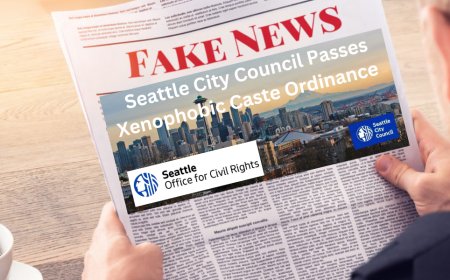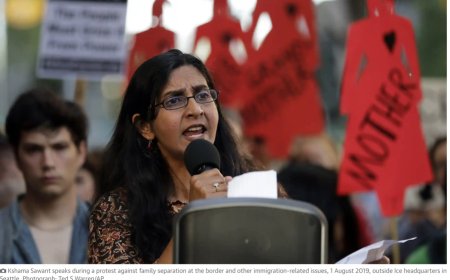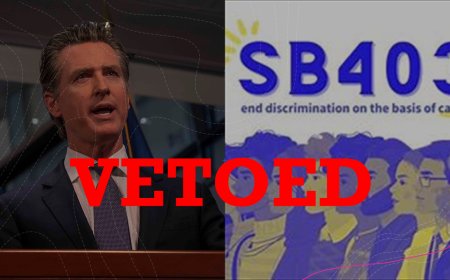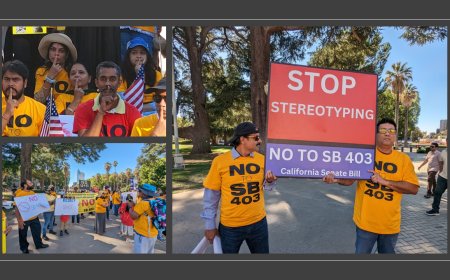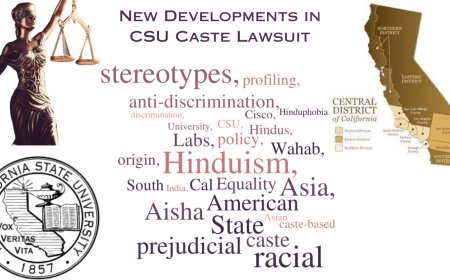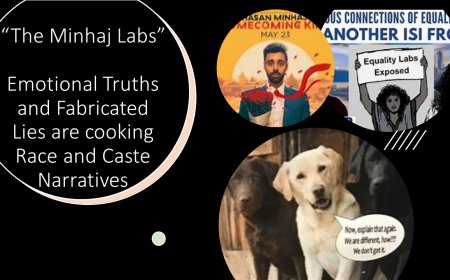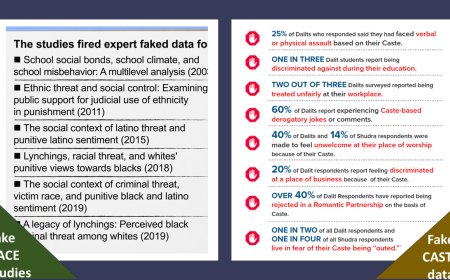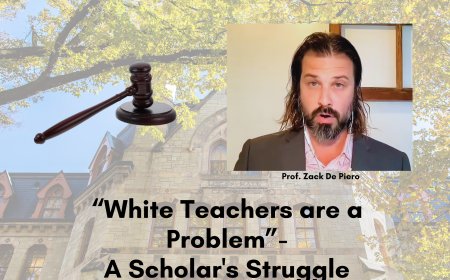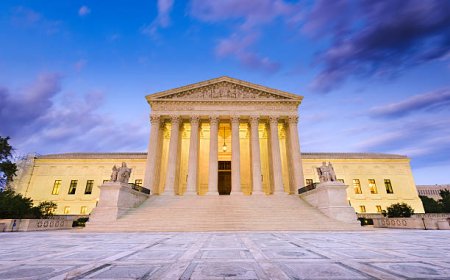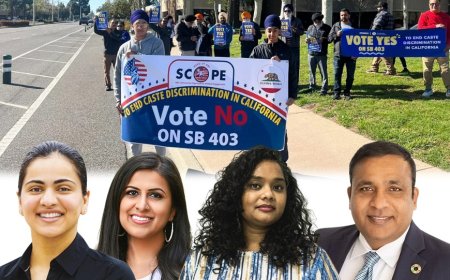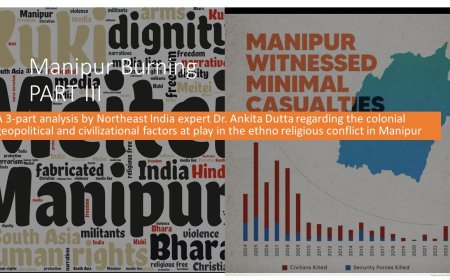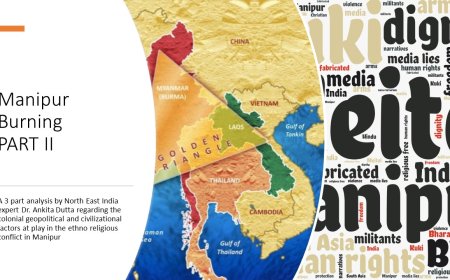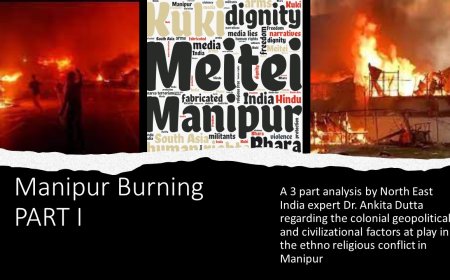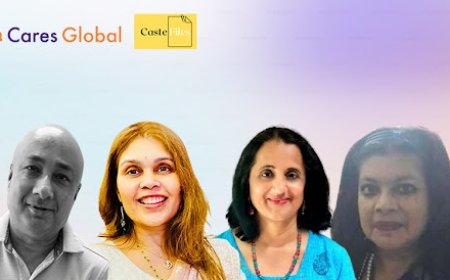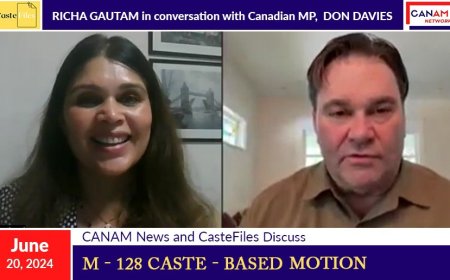Controversy at UC Irvine & The Caste Narrative in America - Flawed Data, Silenced Voices, & Fight for Hindu Representation
On April 24, 2025, the University of California, Irvine (UCI) hosted a virtual panel discussion titled “Why Does Caste Matter at UCI?” A panel intending to spotlight caste-based discrimination in Hinduism, notably excluded Hindu voices. What transpired has deepened concerns that flawed data, biased narratives, and ideological activism are being used to silence Hindu voices in the name of social justice.
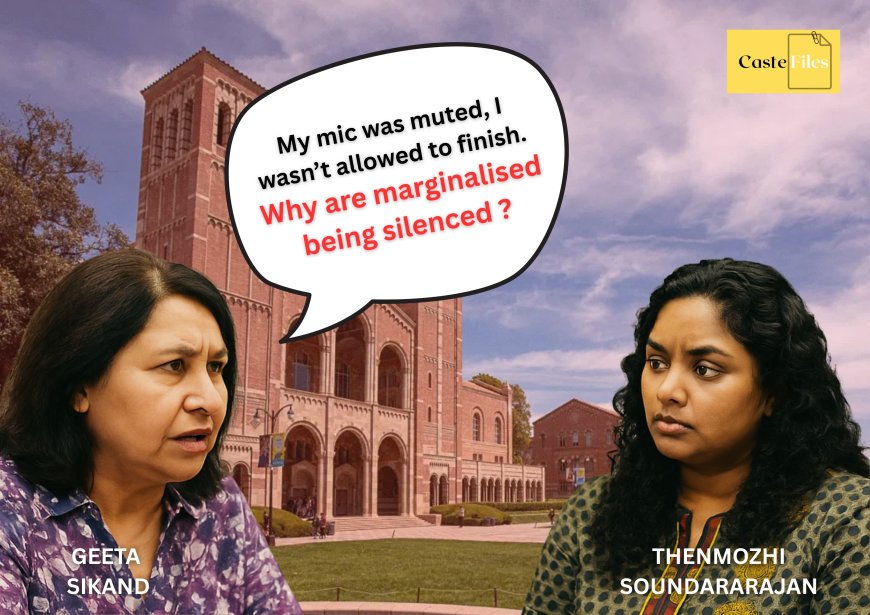
On April 24, 2025, the University of California, Irvine (UCI) hosted a virtual panel discussion titled “Why Does Caste Matter at UCI?” intended to spotlight caste-based discrimination in academia. What transpired on this panel, led by non-Hindu speakers, discussing Hindus and Caste, has deepened concerns about flawed data, biased narratives, and ideological activism. According to some listeners, such one-sided panels are being used to silence Hindu voices in the name of social justice.
The event featured activist Thenmozhi Soundararajan, Executive Director of Equality Labs, as the keynote speaker. But it was Professor Geeta Sikand—a UCI faculty member and longtime advocate for Hindu civil rights in the US—who emerged as the most outspoken critic of the panel. Sikand described the event not as a dialogue but as a one-sided indictment of Hindu Americans by non-Hindu speakers, where counterpoints were actively muted, dissent dismissed, and truth distorted.
The Crisis Behind the Caste Narrative
At the center of this storm is the Equality Labs report, frequently cited to justify caste-based legislation and policy in the U.S. Conducted online in 2016 and released in 2018, the survey claims that 67% of Dalits face caste discrimination at work. However, the methodology has been sharply criticized: it was not peer-reviewed, lacked demographic verification, and was circulated within activist echo chambers. Courts have rejected it as inadmissible evidence. Yet, the report continues to shape university DEI frameworks and state-level legislative proposals.
“The Equality Labs report has no scientific rigor,” Sikand said during the UCI panel. “It’s being used to paint the entire Hindu community as inherently discriminatory—without actual evidence.”
The Cisco Case: A Narrative Unravels
The now-dismissed Cisco caste lawsuit, often cited as proof of caste-based workplace discrimination, further illustrates the dangers of activism unmoored from legal truth. Filed in 2020 by California’s Civil Rights Department (CRD), the case alleged that two Indian-origin engineers discriminated against a Dalit colleague. Despite a media storm and political traction, the case collapsed. Courts dismissed the claims, and the CRD was fined for prosecutorial overreach.
Yet the collapse received little to no media coverage. “The narrative had already done the damage,” Sikand said. “It cast Hindu Americans as oppressors in a story that was never validated by law.”
Platforms like CasteFiles.com have documented how professional disagreements were retrofitted into a caste conflict. Our archives also highlight how media outlets, while quick to amplify allegations, failed to cover exonerations.
A Muted Microphone Cannot Erase the Death of Milind Makwana
Perhaps the most tragic and overlooked aspect of this ongoing debate is the death of Hindu Dalit activist Milind Makwana. A tech professional who opposed California’s SB403 caste bill, Makwana collapsed from a heart attack after delivering an impassioned speech at the Cupertino City Council. His death was virtually ignored by mainstream media and by the same activist networks claiming to speak for Dalits.
During the UCI event, Soundararajan alleged that she and her team were harassed and even physically harmed. But when Sikand raised Makwana’s death—offering a powerful counterpoint to the narrative of victimhood—her microphone was muted. Her hand was raised via Zoom emoji for the remainder of the session, to no avail.
“I wasn’t even asking for dominance,” Sikand said. “Just some time to share the facts.”
Academic Freedom Under Threat
Despite being a faculty member at a global institution and a self-identified lower-caste Hindu, Sikand was silenced during the event. She wasn’t alone in her concerns. “The panel included no opposing voice,” she explained. “Besides Soundararajan, there was Huma Durr, Sameer Ashar, and moderator Anneeth Kaur Hundle—each aligned against any Hindu counterpoint.”
Even more concerning, Hundle is UCI’s Presidential Chair in Sikh Studies and has been critical of India and Indian laws, raising questions about political bias in the panel’s composition, where Hindus received no representation.
Sikand, whose last name reflects her husband's Sikh background, shared some slides from the biased presentation that were flawed in the interpretation of Hindu social organization (see figure 2 below).
“I mentioned Milind Makwana and the Cisco verdict—and I was shut down. They didn’t want the truth to interfere with their script,” said Sikand.

The Larger Danger: Criminalizing Hindu Identity
What’s unfolding is not merely a disagreement over policy but a potential criminalization of Hindu identity. As more institutions look to adopt caste-based discrimination frameworks, Hindu Americans find themselves preemptively accused, forced to prove their innocence against unsubstantiated claims.
“There is no widespread caste discrimination in the U.S.,” Sikand emphasized. “To create policies based on faulty surveys and collapsed court cases (see Castegate.org) is a disservice to justice—and the Hindu American community.”
Sikand also raised concerns about funding. “We must ask who is financing this narrative. What’s clear is that this is not organic. It is ideological.”
The Path Forward: Documentation, Education, Resistance
Watchdog platforms like CasteFiles.org and Indian American organizations are becoming vital. They document bias, debunk misinformation, and amplify voices like Milind Makwana’s. Meanwhile, Sikand calls for amplified efforts from within the community to push back against biased narratives.
“This is a coordinated ideological attack,” she said. “And we must respond with coordinated, factual resistance. Because when any group is falsely vilified, it opens the door to wider injustice.”
Conclusion: Truth Must Be Heard
The American conversation around caste is being shaped not by facts or lived experience, but by curated narratives, flawed surveys, and selective outrage. If universities become spaces where dissent is muted and only one ideological stance is allowed, then academic freedom is in jeopardy.
Ironically, the groups claiming to fight for justice are marginalizing those like Geeta Sikand and Milind Makwana—Hindus and Dalits, whose perspectives complicate a simplistic victim-oppressor binary.
The caste debate in America must include all voices, especially those that challenge the dominant script. Without intellectual honesty and transparency, we risk replacing one form of injustice with another. What's worse is that it's under the banner of social justice.

